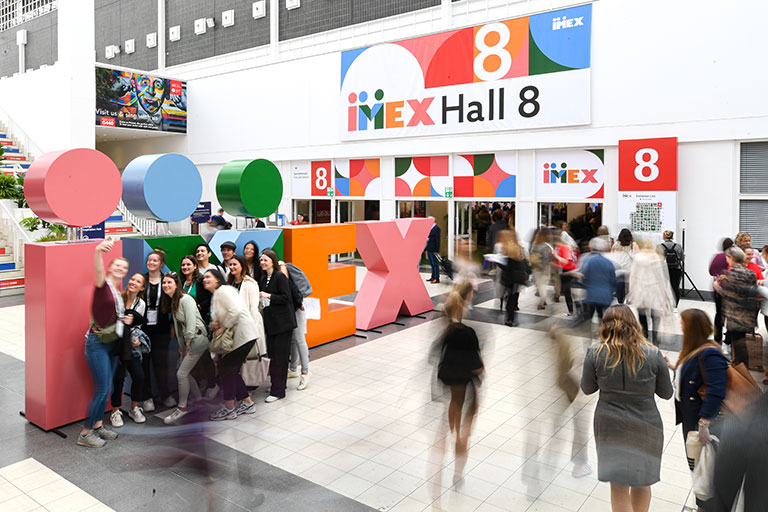
Advocacy forum set for IMEX Frankfurt
The Business of Events and the International Congress and Convention Association (ICCA) will run a session called the

The Business of Events and the International Congress and Convention Association (ICCA) will run a session called the
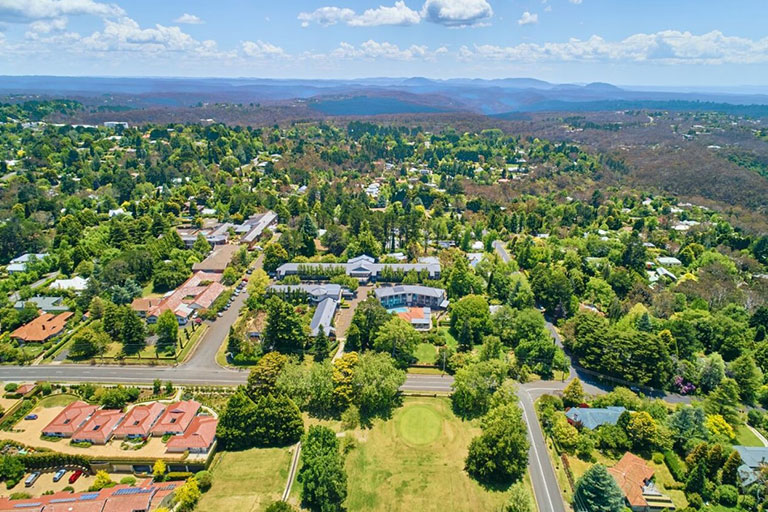
Jerry Schwartz has purchased another Blue Mountains hotel, while Longitude 131 has had a refurb and Accor has
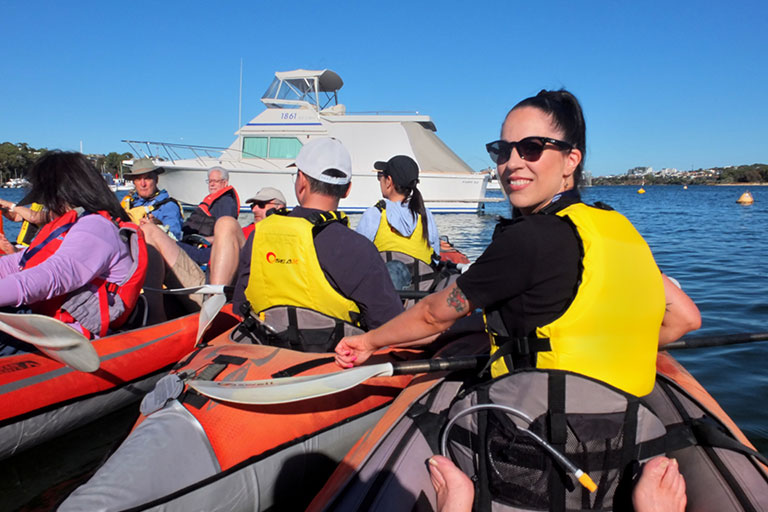
Business Events Perth’s Reawaken mega famil last month has already resulted in confirmed events that will deliver $15
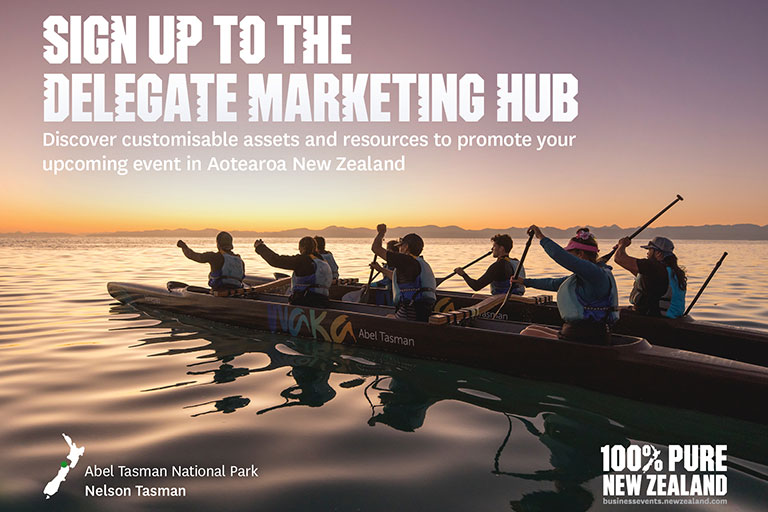
New Zealand’s national visitor agency has unveiled its Delegate Marketing Hub, aimed at boosting attendance at business events
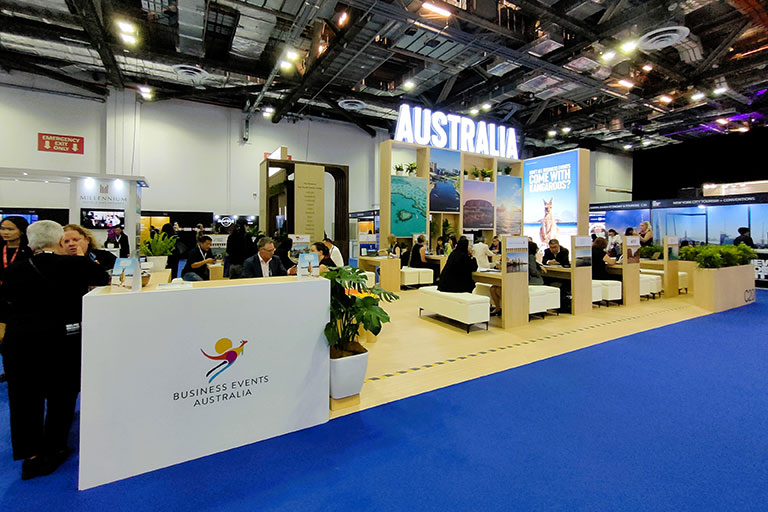
The inaugural Meetings Show Asia Pacific (TMS APAC) at Sands Expo and Convention Centre in Singapore last week
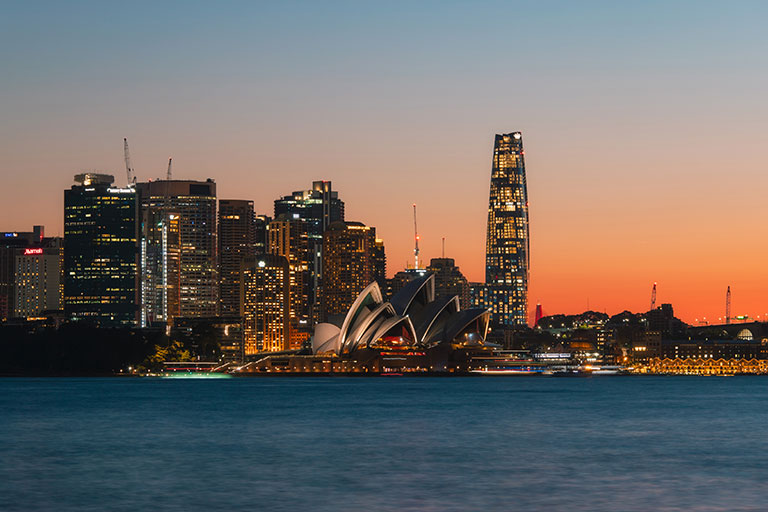
Crown Resorts has been deemed suitable to hold a gaming licence by the casino regulator in New South
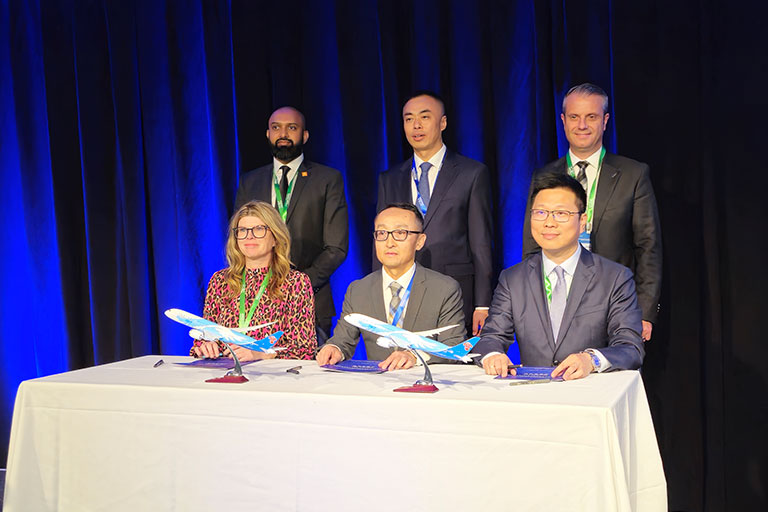
Auckland Unlimited, Auckland Airport and China Southern Airlines have signed a memorandum of understanding (MoU) to deliver more
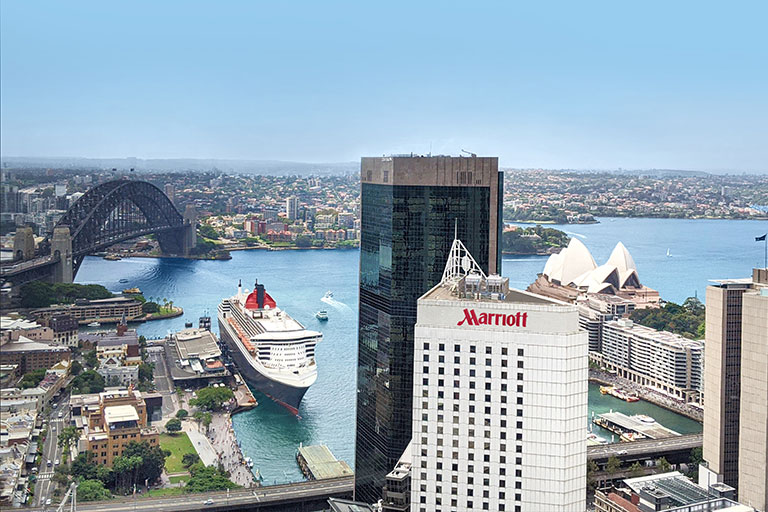
The major global hotel chain has confirmed its short and long term carbon emissions reduction goals with a

The portal will bring together various tools, resources and funding to make it easier to host a business
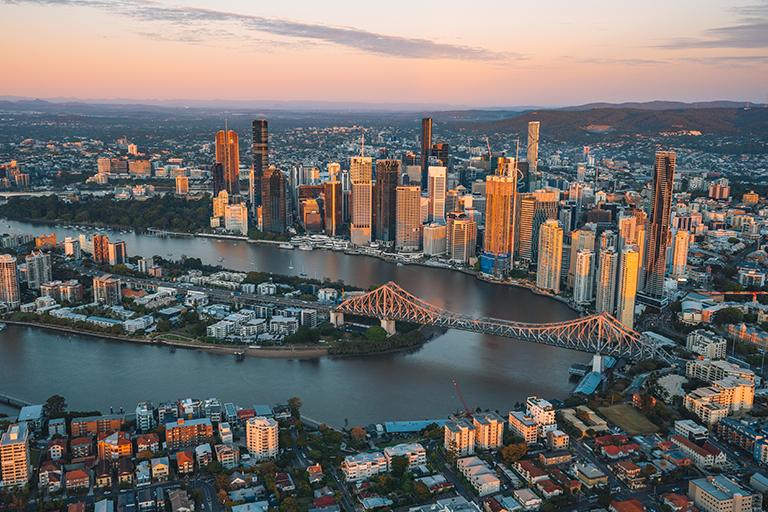
Business events in Brisbane are anticipated to inject $94 million into the economy this year.
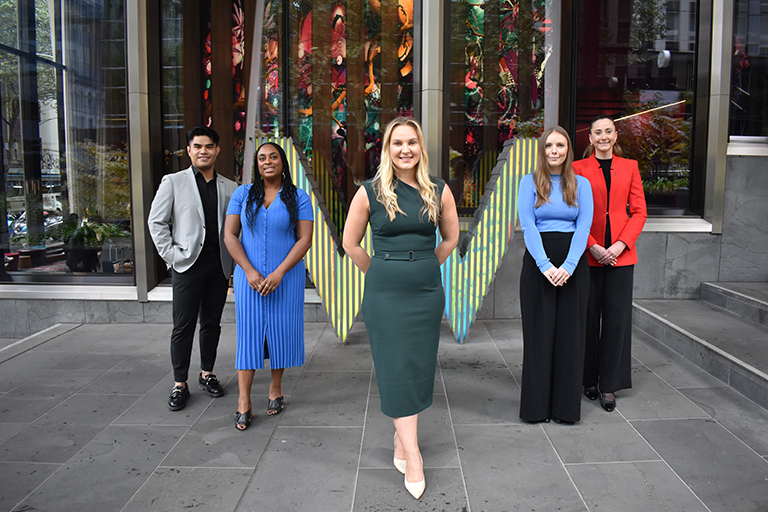
W Melbourne has boosted its sales team and there’s been a resignation at The Star Gold Coast.
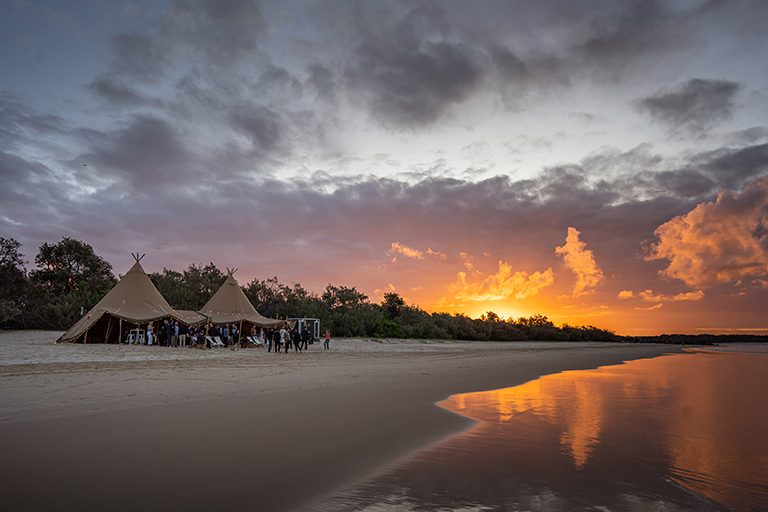
Visit Sunshine Coast has launched a new logo, website and sizzle reel to sell the destination to business